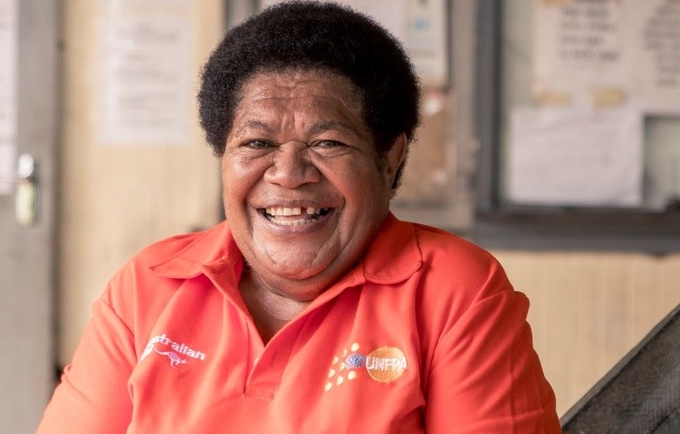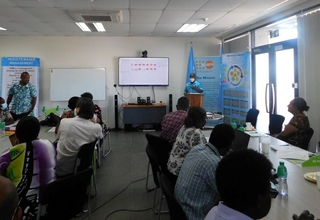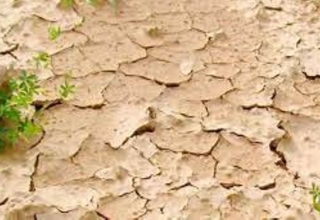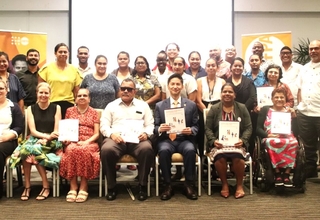In the Pacific, there are multiple intersecting and complex crises affecting humankind – from violent conflicts to the lingering COVID-19 pandemic. Millions of people have lost loved ones, homes, and jobs. Far too many are experiencing hunger and insecurity each day, and lacking access to basic services. Unfortunately, the Pacific is not immune from these. This sub-region is becoming increasingly more vulnerable to earthquakes, tsunamis, volcanic eruptions, tropical cyclones, and other climate change related extreme events such as droughts, sea level rise, flooding and erosion of low-lying areas, in addition to human-made disasters.
As World Humanitarian Day (WHD) on 19 August commemorates the anniversary of the 2003 bombing of the United Nations headquarters in Iraq and honors humanitarian aid workers all over the world, the WHD reminds us that each of us, across communities and across generations, can and should have a role to play in collectively confronting and overcoming these challenges together. Indeed, in the Pacific region too, every day, women, men, young people, the elderly, governments, local leaders, civil society organizations, private sector, and development partners are showing such ways, many of them working even on the very frontlines of emergencies to build a healthier, safer, and more equitable planet, often under severe circumstances.
Women and girls disproportionately bear the brunt of these crises and their aftermath. Their rights and choices are often relegated as nice-to-haves – yet sexual and reproductive health and protection services are more than must-haves, they are life-saving. The United Nations Population Fund (UNFPA) - the UN reproductive health agency - is among the first on the ground in several dozens of countries in emergencies across the globe. In 2021, UNFPA provided 29 million women with sexual and reproductive health services and supplies, and supported 1.5 million safe deliveries. 2 million survivors and women and girls at risk of violence received UNFPA assistance for protection, and another 75 million people received critical information on health and protection needed during humanitarian crises.
Pregnancy and childbirth do not stop just because a disaster strikes. This is why Sister Kara, a midwife in Fiji, has come back from retirement, and joined the Pacific Midwives Roster. She continues to serve women in need in various emergencies in the Pacific. As a volunteer midwife, Sister Kara has brought hundreds of babies safely into the world and ensured that their mothers attend regular check-ups. The determination of local humanitarian heroes like Sister Kara brings hope to women and girls who face humanitarian emergencies.
Getting these life-saving services up and running in the midst of a crisis, especially for the most vulnerable and hardest-to-reach women and girls, requires a coordinated effort among many actors, local, national, regional and global. It takes a village. Humanitarian workers, globally and in the Pacific as well, face serious challenges and risks, often compounded by access constraints; these everyday heroes need full support by the international society, governments and local communities, to operate safely and effectively, with no hindrance.
On this World Humanitarian Day, and every day, let us do our part for realizing a more resilient, inclusive and sustainable world for everyone, working together also to empower and support humanitarian actors.




